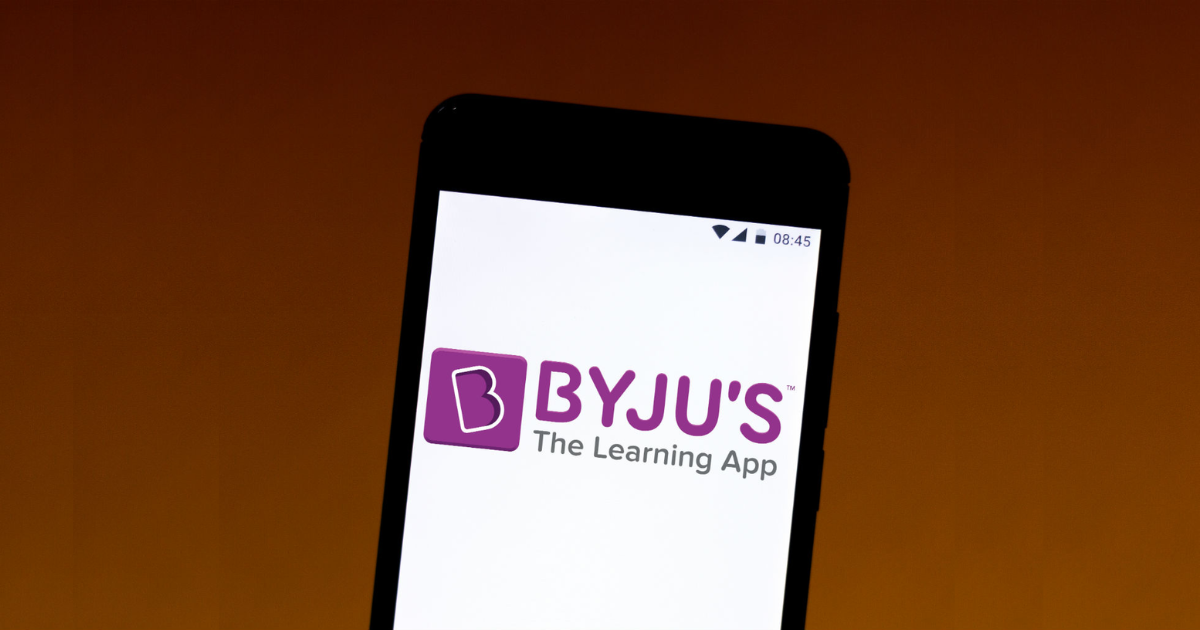Prosus, Peak XV Partners, and the Chan Zuckerberg Initiative have officially announced the resignation of their representatives from the board of Byju’s, India’s most valuable startup. This comes as a significant blow to Byju’s, especially in light of the recent departure of its auditor, Deloitte.
The resignations of the board members, which Byju’s initially denied on Thursday, followed Deloitte’s decision to resign from its role as the startup’s auditor. Deloitte, which had planned to work with Byju’s until 2025, cited the edtech giant’s failure to provide financial results for the fiscal year ending in March 2022.
Peak XV Partners confirmed the departure of GV Ravishankar, one of its partners, from Byju’s board. The firm, formerly known as Sequoia India, expressed its commitment to supporting the company in appointing an independent director to enhance business processes and internal controls.
Prosus also confirmed the resignation of Russell Dreisenstock, the representing Board Director from MIH Edtech Investments, B.V., on the board of Think & Learn Private Limited (Byju’s). Prosus stated that it would file the resignation letter with the Ministry of Corporate Affairs in India within the required timeframe.
Additionally, the Chan Zuckerberg Initiative confirmed that Vivian Wu had resigned from Byju’s board. These departures have reduced the board’s size to just three individuals: Byju’s co-founders Byju Raveendran and Divya Gokulnath, along with Raveendran’s brother Riju.
Byju’s management has been engaging with investors to reconstitute the board, stating that departing members left due to their falling shareholding. The company aims to form a diverse and world-class board that aligns with its size and scale.
Troubles continue to mount for Byju’s, which is not only India’s most valuable edtech startup but also holds global prominence. Last week, India’s corporate affairs ministry ordered an investigation into Byju’s following concerns regarding corporate governance lapses. Byju’s has denied these allegations.
Deloitte’s resignation is reminiscent of the challenges Byju’s faced last year when the government, investors, and creditors scrutinized the startup for its repeated failure to publish its accounts. Byju’s eventually released its accounts for the fiscal year ending in March 2021, revealing revenue figures that fell short of their own projections.
The developments at Byju’s have raised concerns about the company’s financial transparency and corporate governance practices. As it navigates these challenges, Byju’s will need to address these issues promptly to regain the trust of its stakeholders and maintain its position as a leader in the edtech industry.



![[CITYPNG.COM]White Google Play PlayStore Logo – 1500×1500](https://startupnews.fyi/wp-content/uploads/2025/08/CITYPNG.COMWhite-Google-Play-PlayStore-Logo-1500x1500-1-630x630.png)